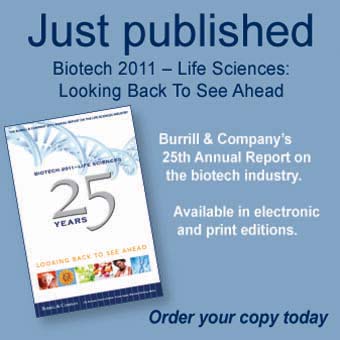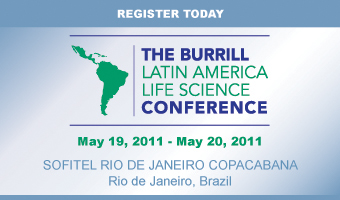“If policy makers and clinicians direct patients to low-cost generic programs, patients and taxpayers could save tremendously, says Yuting Zhang, University of Pittsburgh Graduate School of Public Health.”
Billions of dollars in savings on prescription drugs are going unrealized because people who are eligible fail to take advantage of $4 generic drug programs through retailers such as Wal-Mart and Target, a new study finds. If all people able to fill prescriptions through these programs took advantage of them, nearly $6 billion could be saved, researchers at the University of Pittsburgh Graduate School of Public Health find.
The study, published in the March 14 issue of Archives of Internal Medicine, is the first to examine the potential national savings from a broad use of discounted generic medication programs that are available at many retail stores’ pharmacies.
The study looked at a large group of people using brand name prescription drugs or their generic counterparts that were available through $4 per 30-day supply through a discounted generic drug program, such as popular statins or prescription-strength ibuprofen. The researchers found that less than 6 percent of eligible patients used medications available through these $4 generic programs in 2007, even though on average prescription drug coverage plans ask patients to pay about $10 per 30-day supply for generic drugs and about $25 per 30-day supply for brand-name medications.
Though individual savings are small—just half of potential users would have saved more than $22 a year in out-of-pocket expenses—collectively the savings for all eligible patients would have reached $5.8 billion.
“This suggests the majority of savings comes from a small proportion of individuals,” says the study's lead author, Yuting Zhang, assistant professor of health policy and management, the University of Pittsburgh’s Graduate School of Public Health.
The studied examined a sample of nearly 31,000 people in the 2007 Medical Expenditure Panel Survey and identified patients who could have saved money had they filled their medications through a discount generic drug program.
“We are not promoting any specific pharmacy or any retail store’s discount generic medication program,” Zhang says. “However, if policy makers and clinicians direct patients to low-cost generic programs, patients and taxpayers could save tremendously.”
March 18, 2011
http://www.burrillreport.com/article-unrealized_savings.html






.gif)
